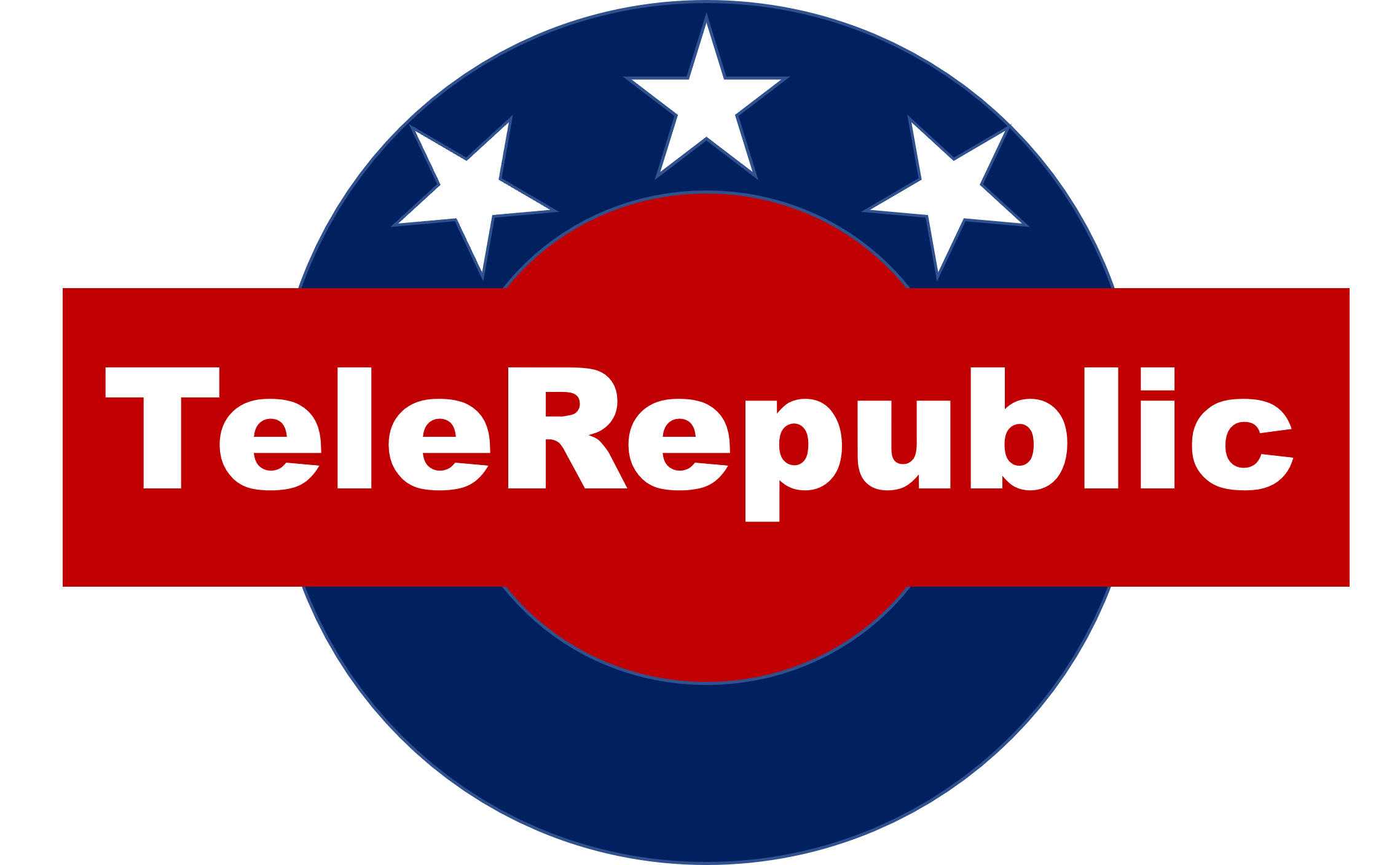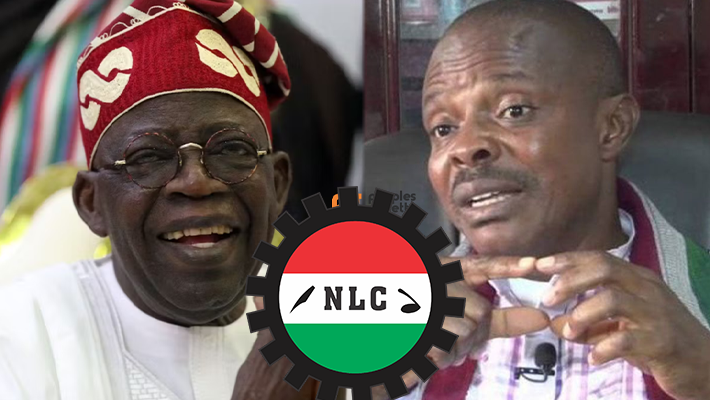In response to the Federal Government of Nigeria’s recent appeal to organized labour regarding the minimum wage negotiations, it is imperative to expose the stark realities and systemic failures of President Bola Tinubu’s administration. The appeal, masked in diplomatic language, fails to acknowledge the severe economic decline and human suffering inflicted upon Nigerian citizens under Tinubu’s leadership. The administration’s reluctance to provide a living wage for Nigerians is not only a testament to its dishonesty but also a glaring example of its indifference to the plight of the average Nigerian worker.
Discrepancy Between NASS Budget Growth and Stagnant Minimum Wage:
Over the past five years, the budget of the National Assembly (NASS) has seen a substantial increase. In 2023, the NASS budget was ₦228.1 billion, and in 2024 it ballooned to an astonishing ₦344.9 billion. During the same period, the minimum wage has remained stagnant at ₦30,000 per month. This glaring discrepancy highlights the administration’s priorities—favoring the financial comfort of politicians over the basic needs of workers. While politicians enjoy increased allocations, ordinary Nigerians are left to grapple with a wage that barely covers their daily sustenance.
Exorbitant Earnings of Nigerian Senators Amid Economic Hardship:
The monthly earnings of Nigerian senators are a testament to the gross inequities perpetuated by the Tinubu administration. With a total monthly entitlement of ₦37.57 million, senators receive an amount that is staggeringly high and inconsiderate given the economic conditions and inflation that workers struggle with daily. This figure includes numerous allowances that dwarf the basic salary of the average worker, highlighting a gross misallocation of resources. Such earnings are not only unjustifiable but also a slap in the face to the millions of Nigerians who toil daily for starvation wages.
Nigeria’s Minimum Wage Among the Lowest in Oil-Producing Africa:
Nigeria, despite being one of Africa’s leading oil producers, pays one of the lowest minimum wages in the continent. With a minimum wage of ₦30,000, Nigeria lags far behind other oil-producing nations such as Gabon (₦376,500), Equatorial Guinea (₦323,878), and Libya (₦313,440). This is a national disgrace. The government’s claim that an increase in the minimum wage would cripple the economy is both disingenuous and shortsighted. A higher minimum wage would inject more money into the market, stimulate economic activity, and ultimately benefit the economy far more than the lavish entitlements of politicians.
Human Impact – The Brutal Reality of Tinubu’s Administration:
The Tinubu administration’s failures have had devastating human impacts. The rise in fuel prices, from 238.11 naira per liter to 701.24 naira per liter, coupled with rampant inflation, has made basic necessities unaffordable for many. The naira’s depreciation has exacerbated economic instability, leading to business closures and job losses. The administration’s false investment announcements and policy missteps have eroded Nigeria’s credibility, deterring genuine investors and deepening economic woes.
The administration’s handling of public debt, which has risen by 11.4% to 97.34 trillion naira, has constrained the government’s ability to invest in critical infrastructure and social services. This has hampered efforts to address urgent issues such as healthcare, education, and security, worsening the plight of ordinary Nigerians. The education sector is in crisis, with universities increasing fees by over 1,000% and the stalled student loan program leaving many without financial support.
Moreover, the pervasive insecurity under Tinubu’s watch has led to over 7,500 Nigerians being killed by terrorists and bandits, and more than 7,000 kidnapped. This environment of fear and instability has devastated countless families and disrupted communities. The administration’s inability to effectively address these security challenges has eroded public trust and confidence.
Conclusion – A Call for Genuine Leadership and Fairness:
The time for empty promises and rhetorical appeals is over. The Nigerian government must acknowledge the brutal realities faced by its citizens and take immediate, tangible steps to provide a living wage that reflects the true cost of living. More money in the hands of workers would boost the economy far more effectively than the excessive entitlements of politicians, which often end up buried in septic tanks rather than invested in the nation’s future. It is time for genuine leadership that prioritizes the welfare of all Nigerians, not just the political elite. The labour unions must stand firm in their demands for a fair and just minimum wage, reflective of the hard work and dignity of Nigerian workers.




